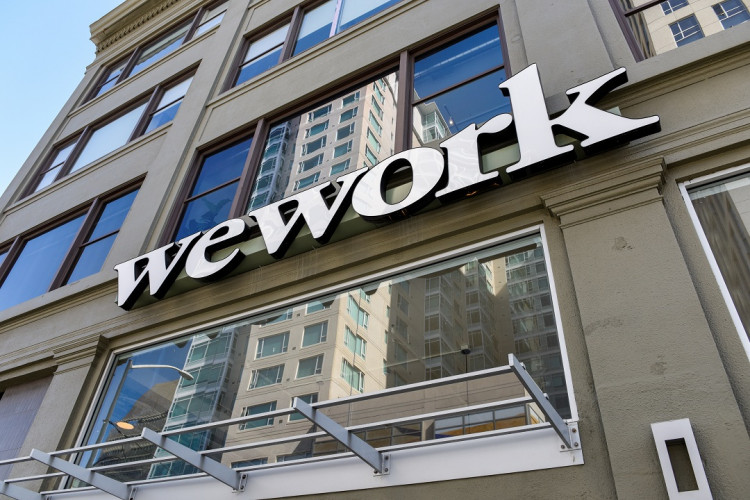A lot of WeWork employees were likely not too happy when SoftBank announced that it was giving the company's co-founder, Adam Neumann, a $1.7 billion golden parachute after its takeover. While most employees had limited their protest on social media, one former employee has now taken the issue to court.
The new lawsuit, which was filed by former WeWork employee Natalie Sojka, alleges that WeWork directors and Neumann had unjustly benefited from the takeover at the expense of minority shareholders.
The suit claims that the move, including the golden parachute granted to Neumann, was a breach of fiduciary duty, intentional wastage of corporate finances, abuse of control, and unjust enrichment.
Apart from Neumann and a number of WeWork directors, SoftBank CEO Masayoshi Son was also named as part of the defendants. The suit was filed this week in the San Francisco Superior Court.
As part of SoftBank's takeover agreement of WeWork following its botched initial public offering (IPO) plans, Neumann was allowed to sell up to $1 billion of his shares. The CEO was also given $500 million to pay off his personal loans, plus $185 million as a fee for his consultancy work for SoftBank.
The filing claims that the $185 million consulting fees are unjustified given that Neumann was the one that brought the company down. Neumann's self-dealing and mismanagement was the main reason why the company had to withdraw from its public debut, the lawsuit alleges.
The suit adds that Neumann's "strategic guidance" basically destroyed the company and the $185 million consulting fees are further evidence of self-dealing, abuse of control, and unjust enrichment.
Sojka was a former executive assistant and a team leader at WeWork. According to her LinkedIn profile, Sojka worked for the company for around 17 months. During her tenure, she had received stock and stock options. When she left the company, she was given the option to buy more stock after being informed that she would lose the stock she owned if she didn't exercise her right to buy additional stocks.
Sojka claims in her lawsuit that the benefits package given to Neumann was "substantially unfair" and that it has caused significant damage to minority stakeholders. Neumann's actions had caused massive losses to the value of the stocks shareholders had owned, which is why it apparently made no sense why he is receiving so much.
Sojka's suit is seeking an injunction to put a stop to the SoftBank deal. The suit also proposes the filing of a class-action lawsuit that is calling on all other employees and minority shareholders to take part in the litigation.






